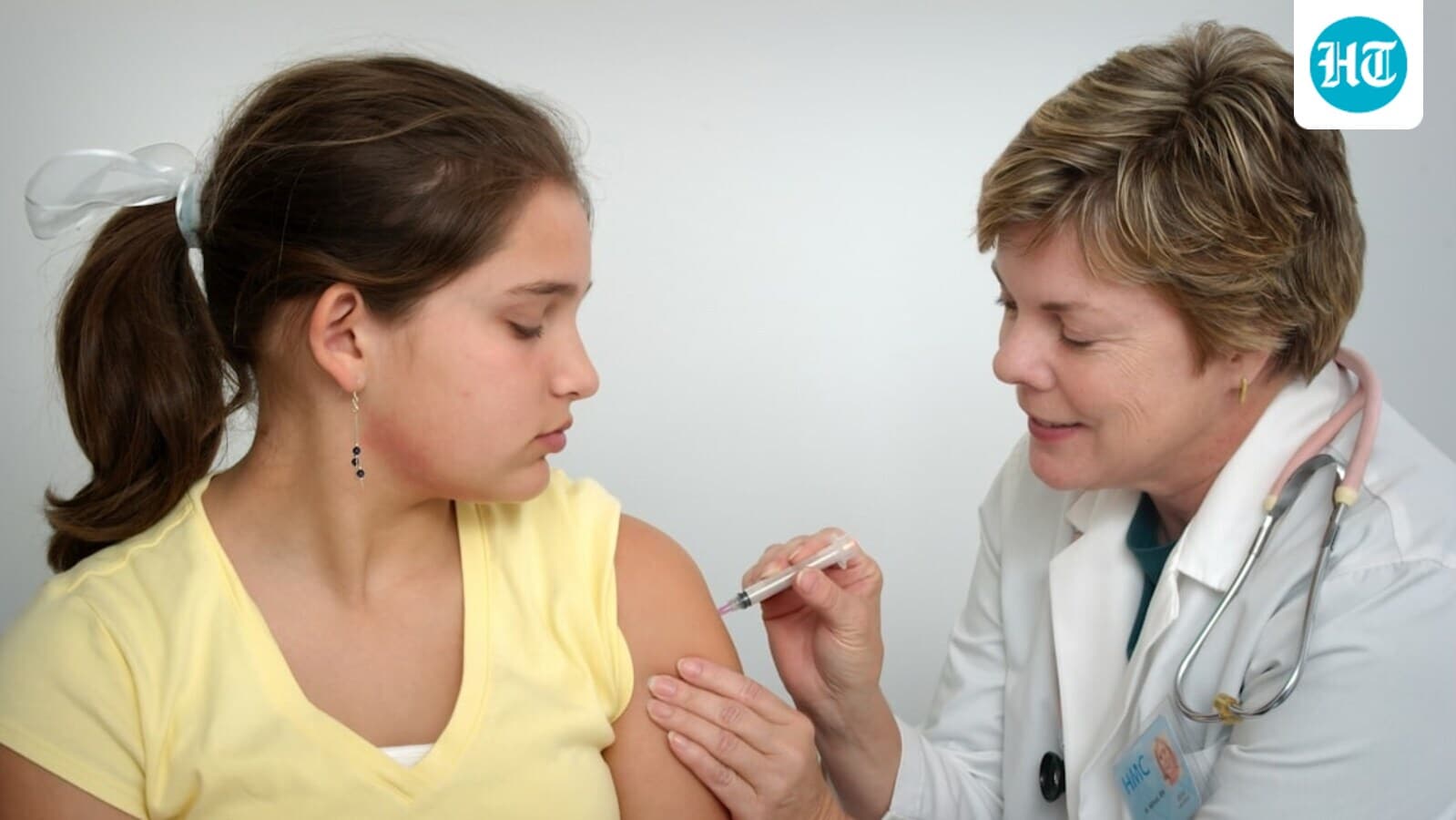As the fall respiratory season approaches, medical experts do agree on one thing: kids should get their flu shots. Both the CDC and the American Academy of Pediatrics recommend that everyone older than 6 months take the flu vaccine unless they are contraindicated, reported CBS.
Pregnant women are advised to get vaccinated against influenza but not to get the nasal spray vaccine. Importance is emphasized by doctors regarding flu vaccinations, due to the fact that infection in children can lead to severe illness and even death. According to the CDC, during the 2023-2024 flu season, nearly 200 children died from flu-related complications in the country, with most not being fully vaccinated.
The season for influenza begins in December and reaches an apex in February. Doctors recommend getting vaccinated before the time begins since it takes about 2 weeks for protection to develop.
CDC’s COVID-19 vaccine guidance is unclear
COVID-19 vaccine guidance for children has become less clear. The CDC currently says that healthy children aged 6 months to 17 years may receive the vaccine, leaving the decision to parents after consultation with a doctor. It strongly recommends the vaccine for children who are moderately or severely immunocompromised, the CBS report stated.
The AAP, however, strongly recommends COVID-19 shots for children aged 6 months to two years. For older children, the AAP advises vaccination but allows for parental discretion. Other medical groups, such as the Infectious Diseases Society of America, continue to recommend COVID vaccines for all children aged 6 months and older.
Regional coalitions have also stepped in. The West Coast Health Alliance, representing four states, recommends the vaccine for young children and older children with risk factors. Meanwhile, the Northeast Public Health Collaborative has advised vaccines for all children from 6 months to 18 years.
Also read: Trump links Tylenol, vaccines to increased autism risk; no evidence presented
Shifts in US policy
Earlier this month, the CDC’s Advisory Committee on Immunization Practices (ACIP) voted to scale back its COVID guidance. It no longer recommends vaccination but rather leaves it as a decision for the individual and his or her doctor, even in cases of children at higher risk. This change awaits approval by the CDC director but signifies a shift toward making these decisions on an individual basis, stated another Associated Press report.
Furthering an already confusing situation, the Food and Drug Administration (FDA) has this week excluded quite a few people from the vaccine. The shots have become available for those under 18 with at least one high-risk condition, e.g., asthma or obesity. Meanwhile, children under 5 are no longer able to get Pfizer shots, making Moderna the only vaccine for the age group.
Experts have cautioned that these changes may create more barriers to access, as further behavioral norms affecting availability will originate from insurers and state formularies.
Physicians are aware that such mixed messages make parents feel confused. Some medical experts, including Dr Céline Gounder, advise continuing the course. They suggest making sure the kids are up to date with recommended vaccines and speaking with their doctors about the risks and benefits.
FAQs
Should my child get a flu shot this year?
Yes. Health authorities strongly recommend the flu vaccine for everyone aged 6 months and older.
What about the COVID-19 vaccine?
Guidance varies. The CDC says it is optional for healthy children, while the AAP and other groups recommend it, especially for young children and those with risk factors.
Which COVID-19 vaccines are available for kids?
Moderna is authorised for children 6 months and older with health conditions. Pfizer is no longer available for those under 5. Novavax is approved only for ages 12 and up.
